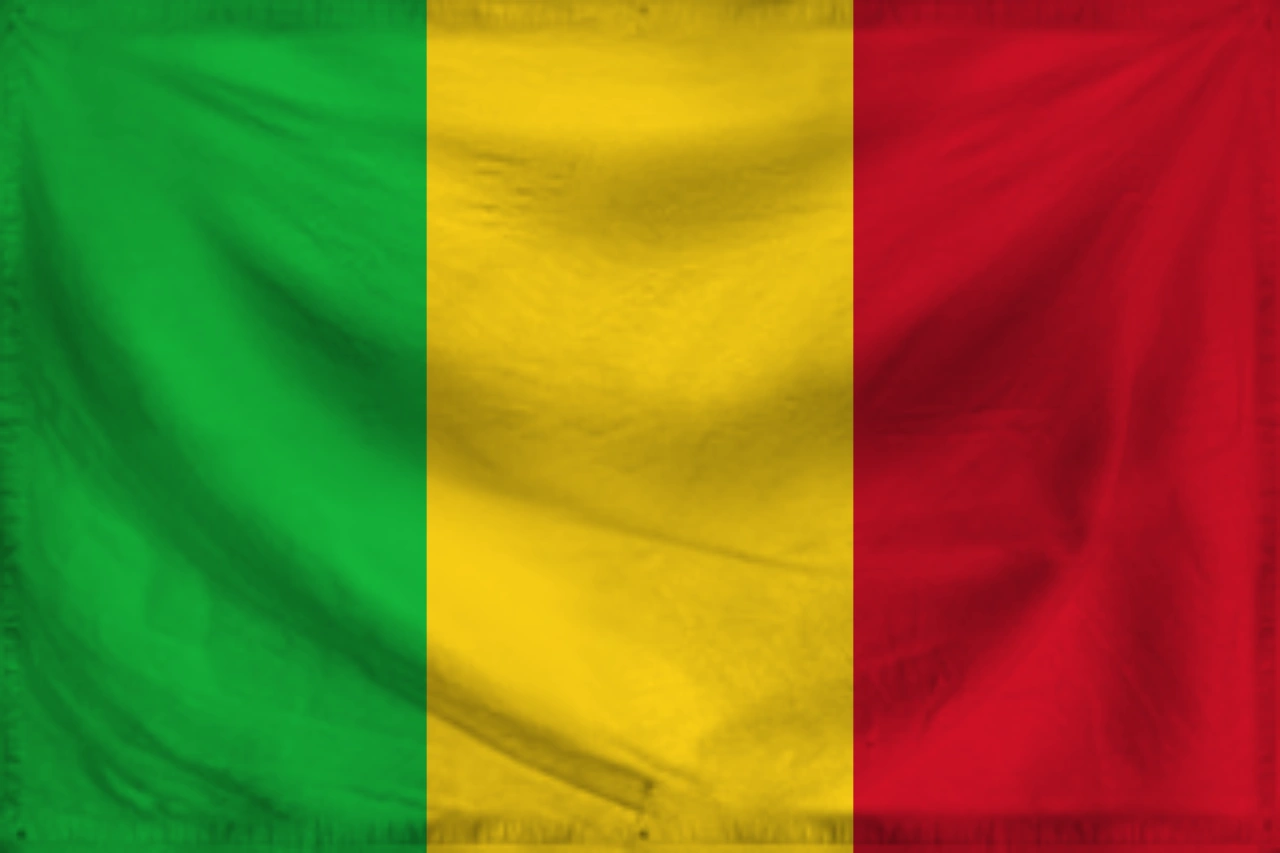
Two months after his arrest, Malian pro-democracy activist El Bachir Thiam remains unaccounted for, detained without trial, legal representation, or contact with his family.
His disappearance has raised alarm among human rights observers and underscored mounting concerns over Mali’s deteriorating civil liberties under its current military-led government.
El Bachir Thiam, a young political figure affiliated with the now-dissolved Yelema party, was arrested on 8 May 2025 during a sweeping crackdown on opposition activists.
While others detained during the same operation have since been released, Thiam’s continued absence has sparked increasing concern about his condition and whereabouts.
His detention, according to close associates, is both arbitrary and politically motivated.
Though he held no senior position within Yelema, the party founded by former Prime Minister Moussa Mara, his commitment to democratic reform has made him a symbolic figure.
“It’s precisely because he refuses to renounce his beliefs that they fear him,” said one associate who spoke anonymously due to security fears.
Reports smuggled to his family suggest Thiam is being held in dire conditions—confined in isolation, deprived of light, exposed to poor sanitation, and subjected to food shortages.
These conditions, his supporters say, are designed to break his spirit and discourage dissent among youth activists across Mali.
“The silence around his detention is a strategy in itself,” said a former party colleague.
“It sends a message that no one is safe, and that anyone who speaks out may simply disappear.”
The Malian authorities have neither confirmed nor denied holding Thiam.
Their silence has been condemned by rights groups who warn the case bears the hallmarks of an enforced disappearance—a grave violation of international human rights law.
So far, domestic and international responses have been muted. Fear of reprisal has left civil society largely immobilized, while foreign governments and institutions have yet to issue strong public statements demanding Thiam’s release.
Still, a small but determined coalition of his family, former party members, and local activists continue to press for answers.
They hope to draw international attention to what they describe as a growing climate of repression, where arbitrary arrests and silence are being used to suffocate dissent.
“El Bachir Thiam represents a generation of Malians who still believe in freedom, justice, and accountability,” said one activist.
“If the world ignores his case, it risks endorsing a dangerous precedent for all of Africa.”



